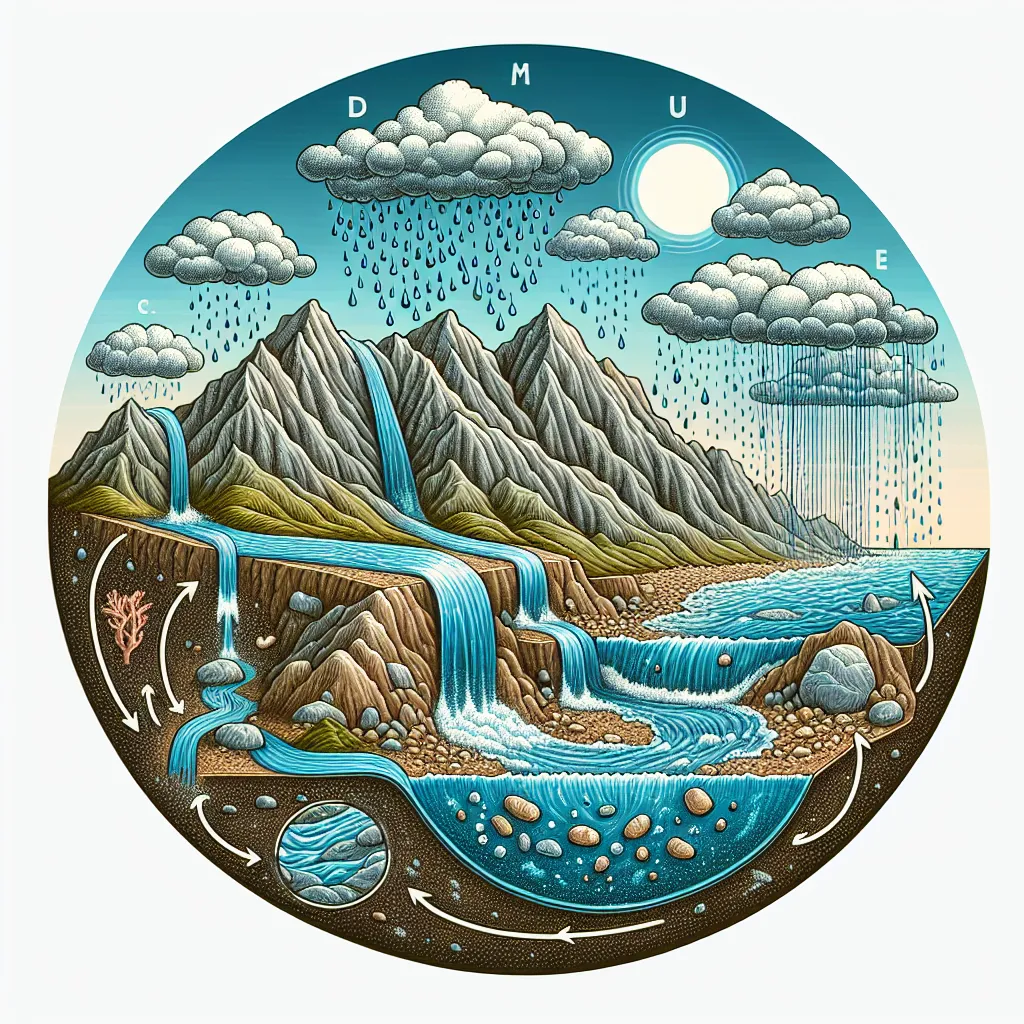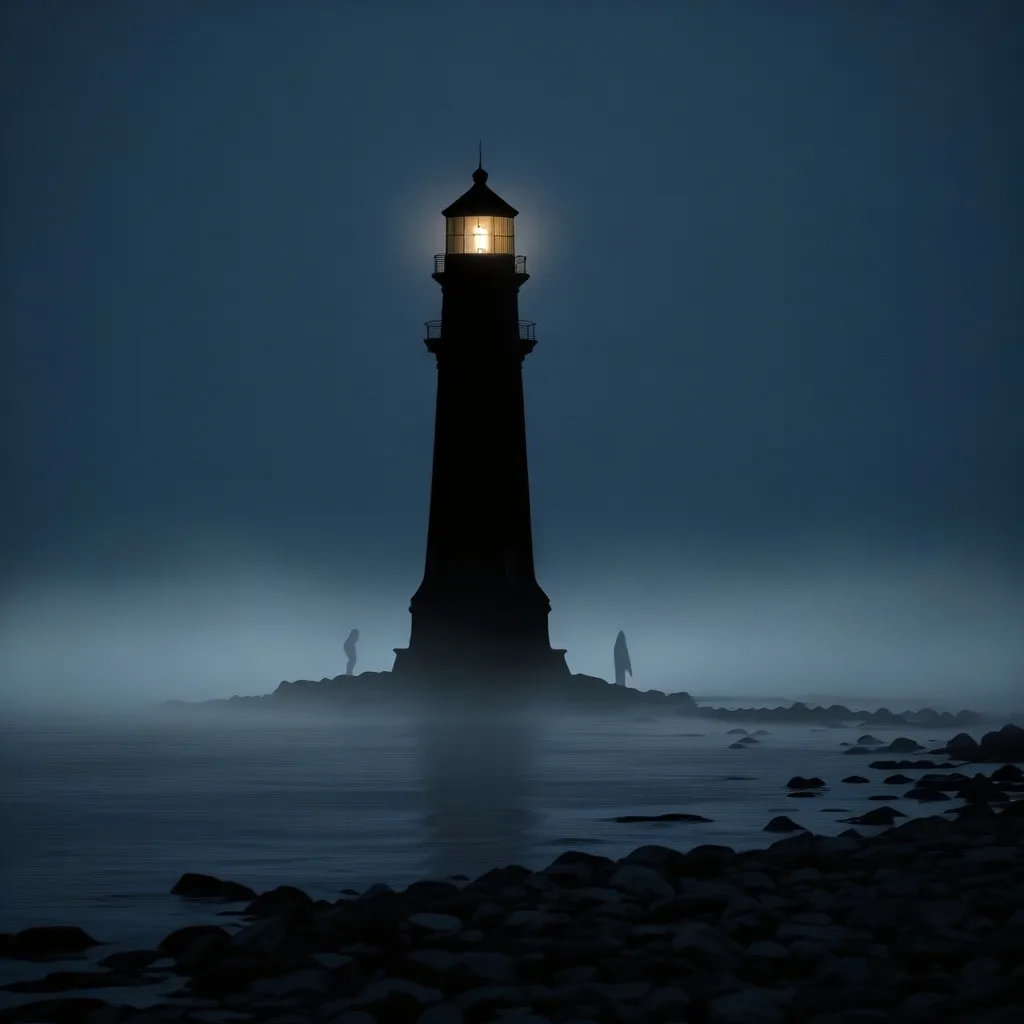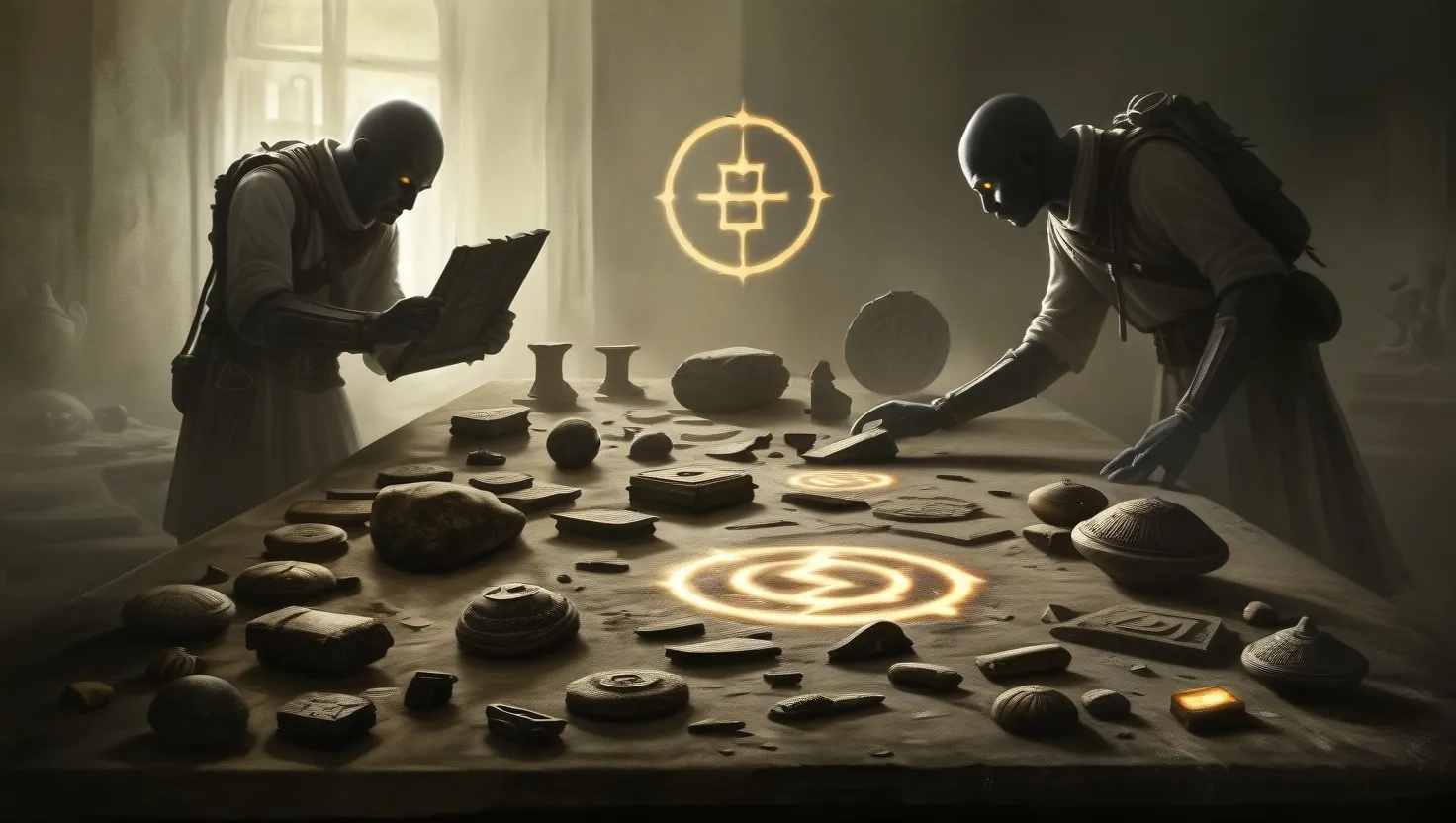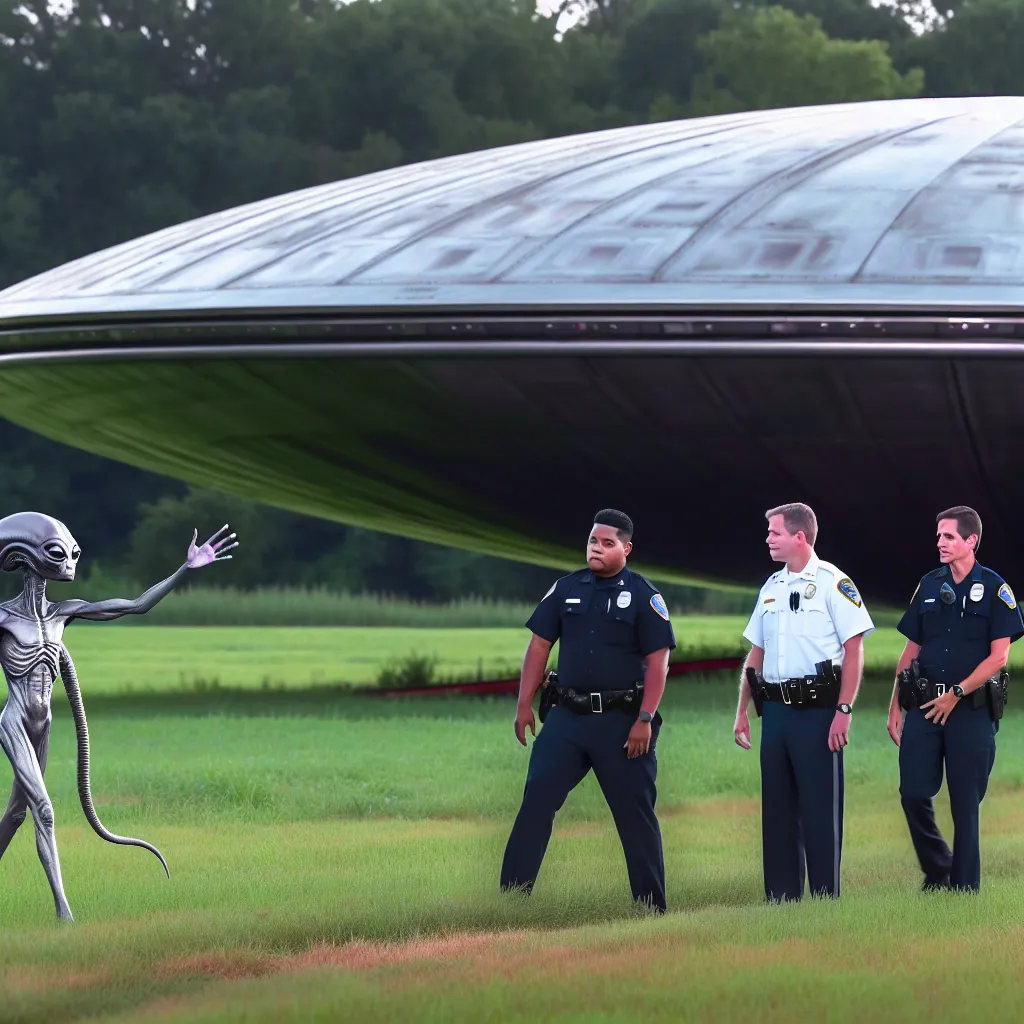Have you ever wondered why the ocean is salty, but rivers aren’t? It may surprise you to learn that most of the salt in the sea comes from rivers. Here’s how it happens.
It all begins with ocean water setting off on a journey. Warm surface water evaporates and rises to form clouds. These clouds sometimes travel over land and rain down. As the raindrops fall, they absorb CO2 from the air, making them slightly acidic.
When rain hits the ground, these droplets start breaking down rocks and soil, washing out minerals in the form of ions. These ions then flow into rivers. The rivers carry these minerals to lakes or the ocean. Over time, the salts start to accumulate there.
When animals and plants consume the minerals, sodium and chloride ions are often left behind. These ions are what we know as salt. As rivers continue to dump salt into the ocean, the sea deposits some of it on the seafloor. This balance keeps the ocean’s salinity at a stable level of about 35 grams per liter on average.
The story is different for rivers. They don’t accumulate salt because they constantly move. They deliver minerals and small amounts of salt to larger bodies of water, like lakes and oceans. So, what goes into the river eventually flows out, keeping the river fresh and free from accumulating salt.
So next time you’re at the beach, you can impress your friends with the knowledge of why the ocean is salty and rivers are not.






